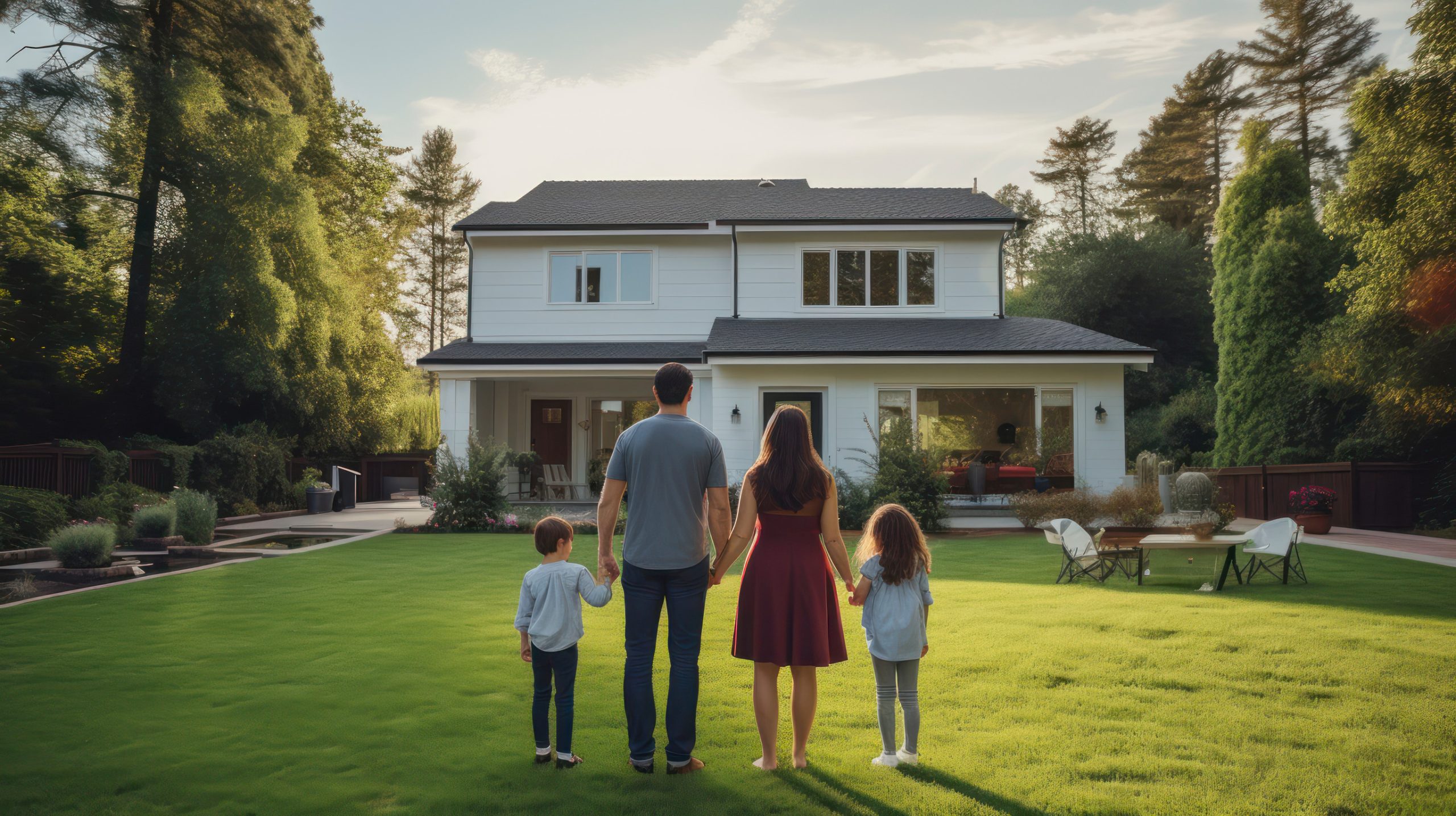
Image source: 123rf.com
Owning a home is a dream for many, but when that dream comes at the cost of financial flexibility, it can quickly turn into a nightmare. Being house poor means that too much of your income is tied up in your mortgage and related housing expenses, leaving little room for savings, emergencies, or even simple pleasures. While it may feel rewarding to own a beautiful property, the risks can quietly erode financial stability. Understanding these hidden dangers is key to making smarter housing decisions. Here are six outrageous risks that come with being house poor.
1. No Cushion for Emergencies
The first and most dangerous risk of being house poor is the lack of an emergency fund. When every paycheck is committed to the mortgage, utilities, and maintenance, savings often fall to the bottom of the list. This leaves families vulnerable when unexpected expenses like medical bills, car repairs, or job loss strike. Without a cushion, you may be forced to turn to high-interest debt just to get by. Over time, these debts compound and make it even harder to regain financial balance.
2. Delayed Retirement and Long-Term Savings
Being house poor doesn’t just affect today—it also disrupts your future. With little leftover each month, contributions to retirement accounts often shrink or disappear altogether. This delay in saving means you miss out on years of compound growth that could secure your later years. Families may also neglect college savings or other long-term goals in order to keep up with housing payments. The result is a beautiful home that overshadows an underfunded financial future.
3. Living Paycheck to Paycheck
Another outrageous risk of being house poor is the constant cycle of living paycheck to paycheck. When so much of your income is locked into your home, there’s no flexibility for life’s surprises. Even small increases in costs, like rising property taxes or utility bills, can strain your budget. The stress of waiting for the next paycheck just to stay afloat wears heavily on families over time. What should be a source of pride—homeownership—turns into a source of ongoing anxiety.
4. Limited Lifestyle and Missed Opportunities
Being house poor often means sacrificing experiences that make life enjoyable. Vacations, hobbies, dining out, or even small treats may become unaffordable luxuries. These sacrifices can leave you feeling trapped in your own home, where you’re paying heavily for a lifestyle you can’t fully enjoy. On top of that, you may miss out on opportunities like investing, pursuing new skills, or starting a side business. The high cost of your home limits your ability to build wealth and create memories outside its walls.
5. Increased Risk of Foreclosure
One of the most outrageous risks of being house poor is the heightened chance of foreclosure. When finances are stretched too thin, even a short disruption in income can lead to missed mortgage payments. Lenders may not hesitate to take action if borrowers fall far enough behind. Losing a home due to foreclosure is financially devastating and can damage your credit for years. What started as an ambitious dream can quickly spiral into a financial nightmare.
6. Strained Relationships and Mental Health
The emotional toll of being house poor should not be overlooked. Constant financial stress can cause tension in relationships, leading to arguments and resentment. Worrying about bills and the possibility of losing your home can also contribute to anxiety and depression. Instead of your home being a place of comfort, it becomes a constant reminder of financial strain. Over time, the pressure of living beyond your means can weigh heavily on both individuals and families.
Choosing a Home That Supports Financial Freedom
Owning a home should enhance your life, not restrict it. The risks of being house poor show why it’s so important to choose a property that fits comfortably within your budget. By keeping mortgage payments reasonable, setting aside funds for savings, and planning for the unexpected, you can enjoy the benefits of homeownership without sacrificing financial stability. A home should be a foundation for freedom and growth, not a financial trap.
Have you ever felt the pressure of being house poor, or do you know someone who has? How did you or they handle it? Share your story in the comments.
What to Read Next…
- 8 Financial Myths That People Still Pass Down to Kids
- How Much Home Can You Really Afford? Hint: Don’t Believe The Mortgage Company
- Could Rising Property Taxes Quietly Push People Out of Their Homes
- 7 Things That End Up Costing More in Poor Neighborhoods
- 10 Times Inflation Changed What Families Could Afford Overnight
Catherine is a tech-savvy writer who has focused on the personal finance space for more than eight years. She has a Bachelor’s in Information Technology and enjoys showcasing how tech can simplify everyday personal finance tasks like budgeting, spending tracking, and planning for the future. Additionally, she’s explored the ins and outs of the world of side hustles and loves to share what she’s learned along the way. When she’s not working, you can find her relaxing at home in the Pacific Northwest with her two cats or enjoying a cup of coffee at her neighborhood cafe.
Leave a Reply